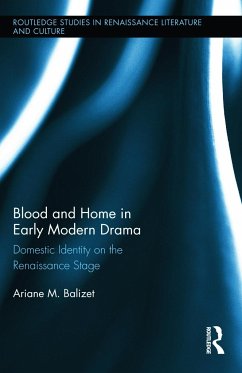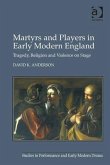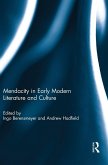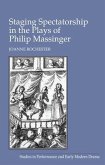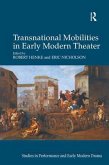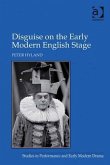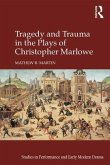In this volume, the author argues that blood was, crucially, a means by which dramatists negotiated shifting contours of domesticity in 16th and 17th century England. Early modern English drama vividly addressed contemporary debates over an expanding idea of "the domestic," which encompassed the domus as well as sex, parenthood, household order, the relationship between home and state, and the connections between family honor and national identity. The author contends that the domestic ideology expressed by theatrical depictions of marriage and household order is one built on the simultaneous familiarity and violence inherent to blood.
Hinweis: Dieser Artikel kann nur an eine deutsche Lieferadresse ausgeliefert werden.
Hinweis: Dieser Artikel kann nur an eine deutsche Lieferadresse ausgeliefert werden.

